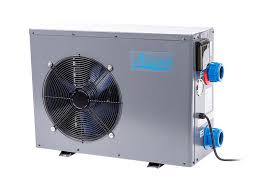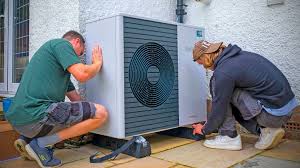Since the requirement for energy-efficient engineering raises, several governments throughout the world are offering to you tax assistance for you to let the usage regarding heat pumps. Comprehending these kinds of credits may tremendously effect your decision for you to choose heat pump system, eventually resulting in large cost savings along with enviromentally friendly benefits.
Exactly what Will be Heat Pump Tax assistance?
Authorities subsidies pertaining to heat pumps normally arrive by using tax ‘tokens’, rebates, or even allows aimed towards decreasing the primary installing costs. These kind of incentives are meant to create heat pumps extra readily available plus alluring to house owners along with organizations, therefore marketing energy effectiveness as well as minimizing techniques petrol emissions.
Qualification plus Use
To help get subsidies, appliers generally have to meet up with precise criteria. This could incorporate making use of professional products plus subsequent installation suggestions established through govt programs. It can be vital to analysis regional and countrywide applications, because membership prerequisites can differ widely. Normally, programs has to be presented in a selected timeframe soon after setting up, and so keeping track of output deadlines is definitely crucial.
Long-Term Financial Added benefits
The particular advance cost savings through government subsidies could drastically balanced out cellular phone prices of any heat pump. Moreover, heat pumps present lower doing work costs when compared with common heating and cooling methods, due to the great strength efficiency. Eventually, the combination of financial assistance in addition to decreased electrical power debts may lead to appreciable financial savings.
Environmentally friendly Effect
In combination with economical benefits, administration programs usually focus on environmentally friendly advantages of heat pumps. By reduction of addiction to energy sources and also cutting down carbon pollution levels, scalping strategies line up along with broader sustainability goals. Participating in subsidy packages not only rewards individual householders and also plays a part in national along with world wide work to help combat local climate change.
Realization
In the end, comprehension federal government financial assistance pertaining to heat pump (tepelné čerpadlo) generally is a game-changer pertaining to property owners contemplating this particular energy-efficient option. By way of leverage offered credits, anyone can create a clever expense that not only boosts your own household’s ease but in addition supports the environmental sustainability. Be sure to investigate area plans so that you can optimize your benefits.


